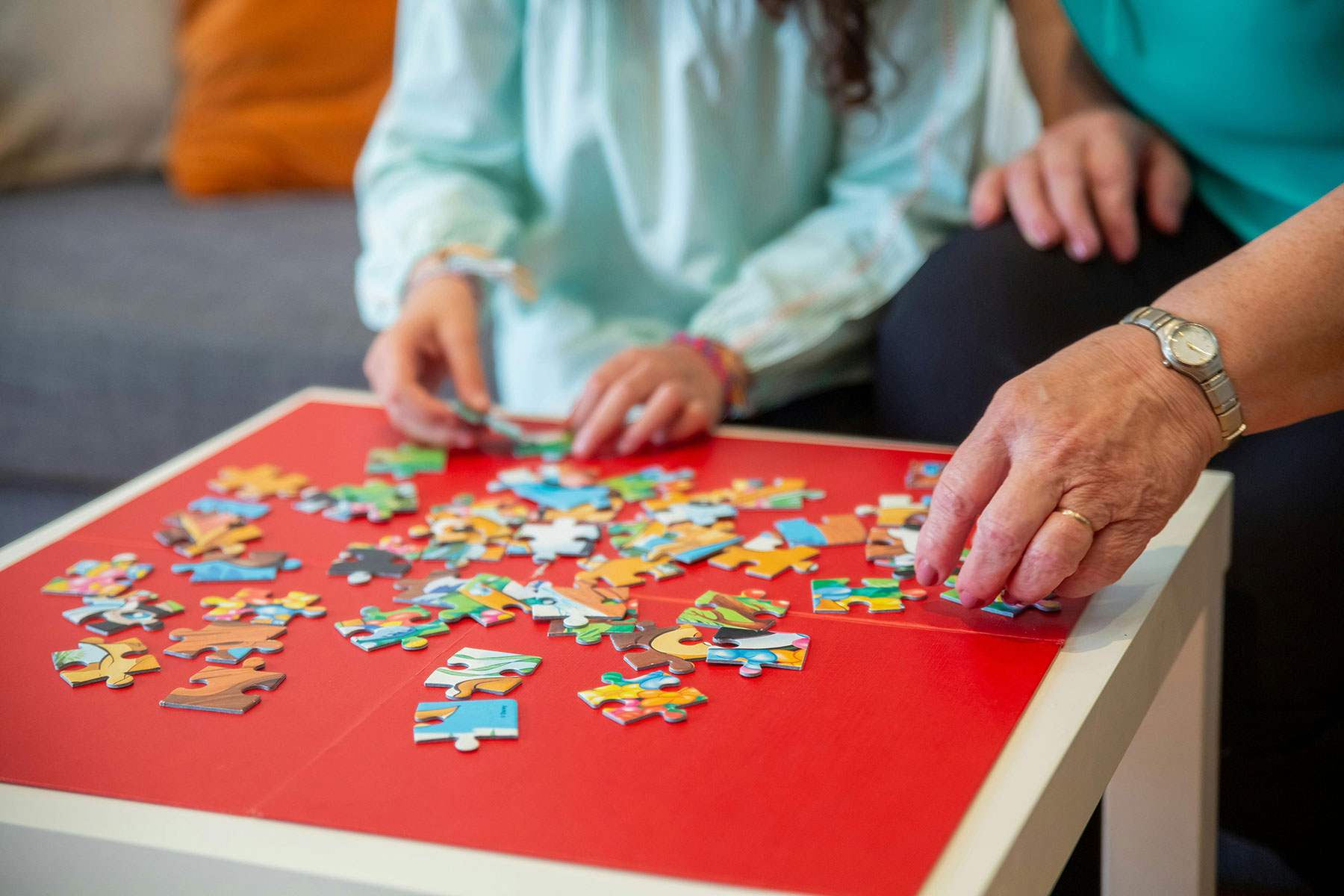
By Starr Commonwealth
With grief, sadness is obvious. With trauma, the symptoms can go largely unrecognized because it shows up looking like other problems: frustration; acting out; difficulty concentrating, following directions, or working in a group. Often students are misdiagnosed with anxiety, behavior disorders, or attention disorders rather than understood to have trauma that’s driving those symptoms and reactions.
For children who have experienced trauma, learning can be a big struggle. But once trauma is identified as the root of the behavior, we can adapt our approach to help kids cope when they’re at school. Starr Commonwealth Chief Clinical Officer Dr. Caelan Soma offers these tips for understanding kids who have been through trauma plus strategies for helping them.
1. Kids who have experienced trauma aren’t trying to push your buttons.
If a child is having trouble with transitions or turning in a folder at the beginning of the day, remember that children may be distracted because of a situation at home that is causing them to worry. Instead of reprimanding children for being late or forgetting homework, be affirming and accommodating by establishing a visual cue or verbal reminder to help that child. “Switch your mind-set and remember the kid who has experienced trauma is not trying to push your buttons,” says Soma.
10 Things About Childhood Trauma Every Teacher Needs to Know
Healing Frameworks: Understanding ACEs in Indigenous Communities
The National Indian Health Board (NIHB) is committed to advocating for the health and well-being of Indigenous communities. One of our key initiatives focuses on addressing adverse childhood experiences (ACEs), which are traumatic [...]
Gratitude Not Required: A Trauma-Informed Thanksgiving for Children in Care
By Beth Tyson Children impacted by any kind of family separation, whether it be foster care, adoption, or divorce, don’t have to feel thankful during Thanksgiving or any other holiday. There, I [...]
Emotional and Psychological Trauma
By Lawrence Robinson, Melinda Smith, M.A. and Jeanne Segal, Ph.D. What is emotional and psychological trauma? Emotional and psychological trauma occurs when extraordinarily stressful events shatter your sense of security. Psychological trauma can leave you [...]
Understanding Childhood Trauma: Ways to Support Young People
By Boys & Girls Clubs of America For generations, tough childhood experiences have been swept under the rug by phrases like these. Oftentimes, the reason why is simple: many families simply did [...]
Addressing The Link Between Trauma And Addiction
By National Governors Association Many Americans have experienced traumatic events, toxic stress, and other types of adversity in childhood. However, repeated exposure to trauma and adversity in childhood predicts a variety [...]
The Health Benefits of Volunteerism
By Eric Burger It’s a simple fact that every nonprofit organization knows: volunteering makes you feel better. But did you know that the anecdotal stories about volunteering health benefits have been [...]







